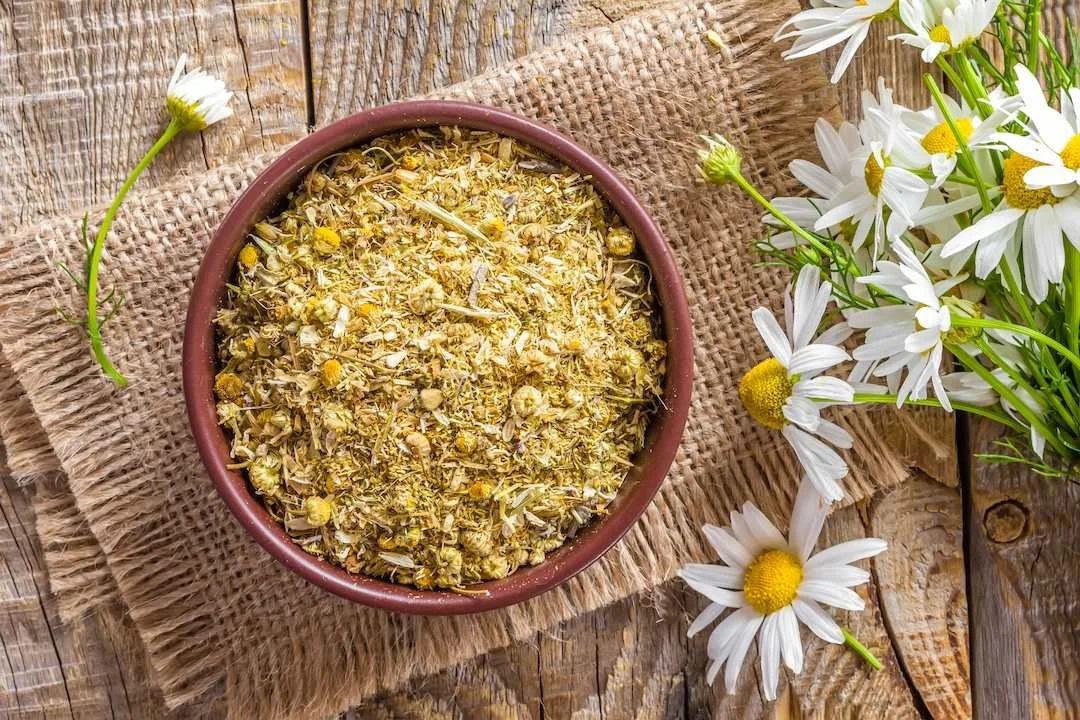5 Calming Herbs to Soothe Anxiety
Anxiety affects many adults and children, and most never receive treatment. If you prefer natural remedies over medications, calming herbs can be a great alternative. Here are five herbs known for their anxiety-relieving properties.
Valerian Root
Valerian root is renowned for its ability to alleviate insomnia and anxiety. However, it can cause drowsiness and should be avoided by pregnant or nursing women, those on antidepressants, or individuals with liver issues.
Due to its strong odor and taste, many people prefer taking valerian root in capsule form. You can grind dried roots and place them in gel caps, aiming for 1-2 oz of root, and take it in the evening to promote sleep and ease anxiety. Alternatively, make tea using 1 oz of root in a cup of boiling water, steep for 5-6 minutes, and blend with other herbs to improve the flavor.
Chamomile
Chamomile is a mild-tasting herb that is excellent for easing anxiety and simple to prepare. Enjoy it as tea or use it in skin creams. Harvest the flowers once they start to form, either using them fresh or drying them for later use.
To prepare chamomile tea, use two tablespoons of fresh leaves and flowers or a tablespoon of dried chamomile in a cup of boiling water. Steep for up to 5 minutes and drink. Be cautious if you have allergies to daisies or ragweed, as you might have an allergic reaction to chamomile.
Lemon Balm
Lemon balm, a herb used since medieval times, is powerful in treating stress and anxiety. Pick and dry the leaves, or use them fresh. To make tea, use a tablespoon of fresh leaves or a teaspoon of dry leaves in a cup of hot water. You can also create a tincture, using two drops in a cup of water for a calming effect. Fresh lemon balm can be used in food, though the amount may be too little to relieve anxiety. It also works well for aromatherapy; crush the leaves and inhale the scent or add them to a warm bath.
Lavender
Lavender is famous for its calming effects and can be used in various ways. The flowers are typically used for aromatherapy and can be ingested. Pick the flowers in the morning once the dew has dried, and allow them to dry naturally. You can use dried flowers, extract essential oil, or buy ready-made oil.
To make tea, use two tablespoons of fresh leaves or a tablespoon of dry leaves in a cup of very hot water, taken 2-3 times a day. For aromatherapy, keep a sprig of fresh lavender with you or use essential oil. Adding lavender flowers to a bath or placing dried flowers inside your pillowcase can also help relax you and improve sleep.
Ginger
Although commonly used for stomach ailments, ginger is also effective in calming anxiety. Fresh gingerroot is best; keep it in the refrigerator. Mince 1 teaspoon of peeled ginger, add to two cups of boiling water, simmer for 10 minutes, and add honey or lemon for flavor. Drink up to three times a day. You can also use powdered ginger by drying slices of the herb, grinding them into powder, and using it in cooking or boiling a teaspoon in a cup of water for 6 minutes.
If you are looking to create a herb garden to help manage your anxiety, get in touch with the Grotec Landscape Solutions team!





